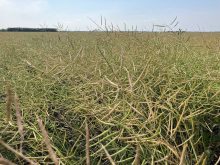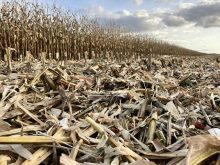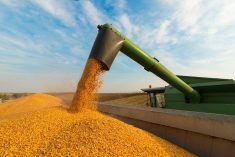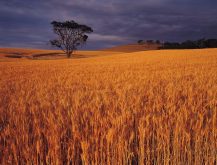CNS Canada — While springtime canola supplies look favourable for prices, bearish oilseed situations elsewhere leave ICE Futures Canada prices straddled with downside, especially ahead of a key production report.
“The supply and demand fundamentals on canola are all optimistic, better than they are on most oilseeds,” said Mike Jubinville of ProFarmer Canada.
“But let’s face it, if the broader oilseed complex, like soybeans, are under pressure, canola is not going to be able to stop that.”
Since last week, canola has dropped $7.80-$9.20 a tonne in the May and July contracts, closing at $493.80 on Wednesday.
Read Also
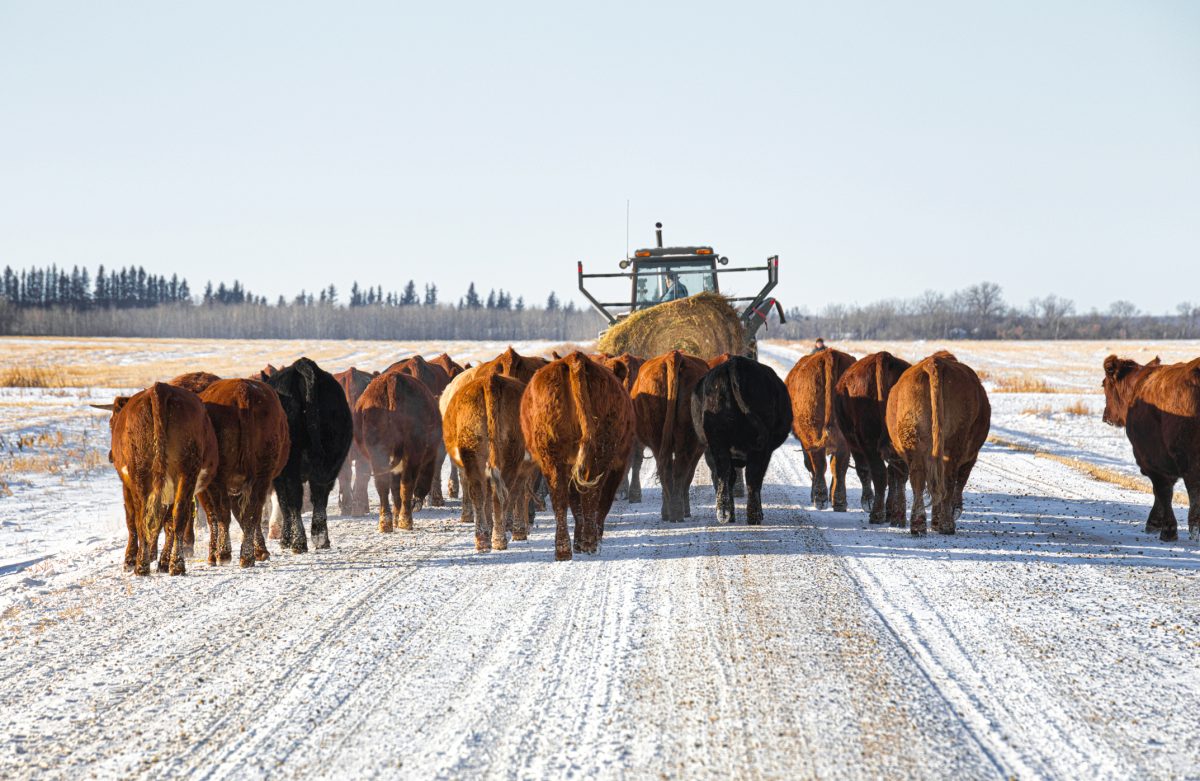
U.S. livestock: Cattle sink ahead of semi-annual inventory report
Chicago cattle futures fell on Thursday ahead of the USDA’s semi-annual cattle inventory report. Hog futures were mixed. Most-traded April…
Soybeans dropped close to US31 cents per bushel in the same two contracts, closing at US$9.69 on Wednesday. That market felt pressure from two upcoming reports from the U.S. Department of Agriculture (USDA), due out Friday, and competing supplies emerging from South America.
If soybeans continue to drop, canola will likely fall alongside that market, though to a lesser extent, Jubinville said.
On Friday, USDA is set to release its grain stocks and prospective plantings reports, with the planting estimates expected to have a big impact on markets.
“The report may create a knee-jerk reaction. It has a history of generating a major market response,” Jubinville said.
Earlier in the month, financial consulting group Allendale Inc. released the results of its planting intentions survey, with U.S. producers expected to seed the highest soybean acreage ever at 88.825 million acres in 2017-18.
Canola’s downside risk may be limited in the short-term, as the market has an “oversold feel,” Jubinville added.
Strong commercial demand, reflected in higher basis levels, may also limit canola’s downside moving forward.
— Jade Markus writes for Commodity News Service Canada, a Winnipeg company specializing in grain and commodity market reporting.



